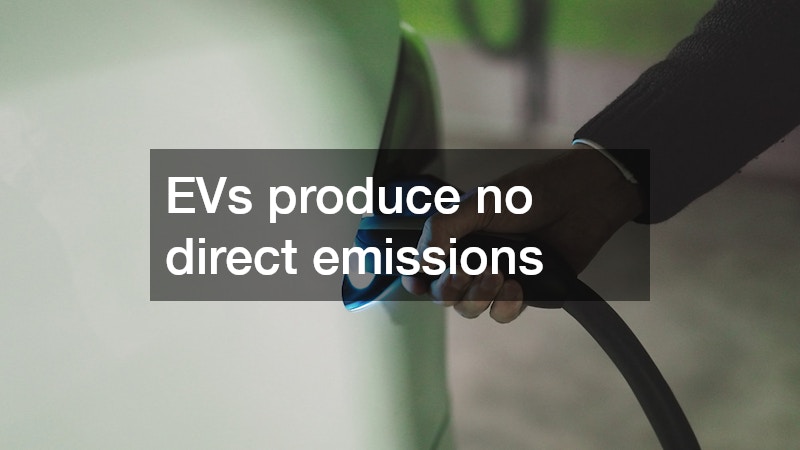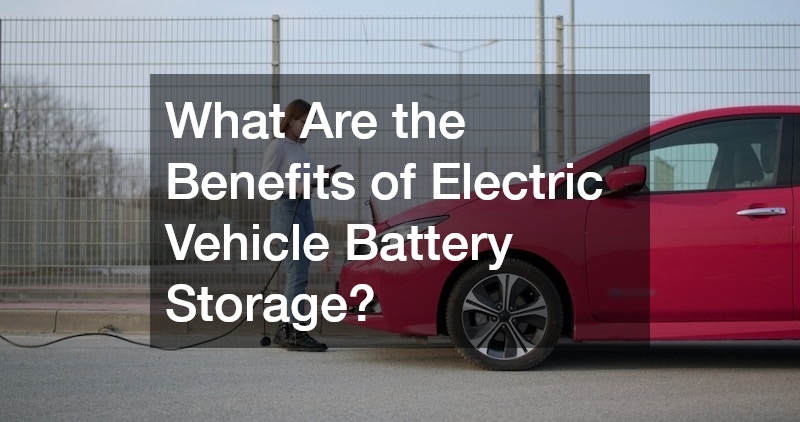
Electric vehicle battery storage is a rapidly evolving technology that lies at the heart of the transition to sustainable transportation. As the automotive industry pivots towards cleaner energy, understanding the various benefits of EV battery storage is crucial. This article explores the multifaceted advantages of battery storage in electric vehicles, emphasizing its impact on the environment, energy efficiency, the economy, and technological progress.
By delving into these aspects, we can appreciate the significant role EV battery storage plays in creating a sustainable future.
1. How Does Electric Vehicle Battery Storage Work?
The functionality of electric vehicle battery storage revolves around fundamental principles involving chemical reactions that store and discharge energy. These processes are crucial for powering EVs, making them an eco-friendly alternative to traditional fuel-based vehicles. Lithium-ion batteries, for instance, are widely used in EVs due to their high energy density and efficiency. Battery storage systems ensure these energies are managed effectively through integrated Battery Management Systems (BMS). The BMS plays a pivotal role in monitoring battery status, ensuring longevity, safety, and optimal performance during use.
Different types of batteries are employed in electric vehicles, each with unique characteristics that suit specific needs. Lithium-ion batteries are predominant due to their compatibility with high-capacity applications like EVs. Other types include nickel-metal hydride and solid-state batteries, with the latter being a promising advancement for future models. The operational life and performance of these batteries depend significantly on their management systems and charging cycles. Innovations in battery technology aim to enhance these processes, promoting their viability and efficiency.
2. What Are the Environmental Benefits?
One of the most significant environmental benefits of electric vehicle battery storage is the notable reduction in greenhouse gas emissions. Unlike traditional internal combustion engines, EVs produce no direct emissions, leading to cleaner air and a healthier environment. This transition is vital in combating climate change by decreasing the carbon footprint associated with personal and public transportation. Renewable energy sources often recharge EV batteries, further diminishing reliance on fossil fuels. This cycle promotes a sustainable energy model that aligns with global initiatives to reduce environmental impacts.
In addition to greenhouse gas reduction, EV battery storage substantially minimizes air pollution. Traditional vehicles contribute to smog and air quality degradation through emissions of nitrogen oxides and other harmful pollutants. In contrast, electric vehicles with battery storage offer a cleaner, quieter alternative, improving urban air quality and public health. The shift towards EVs can lead to decreased incidences of respiratory and cardiovascular conditions linked to poor air quality. This presents a compelling case for the broad adoption of EVs to foster healthier living environments.
3. How Does Battery Storage Enhance Energy Efficiency?
Electric vehicle battery storage significantly enhances energy efficiency by optimizing the use and storage of electricity. In EVs, battery storage systems efficiently convert electrical energy into kinetic energy for movement, minimizing waste. This energy efficiency is a substantial advantage over conventional vehicles, which lose considerable energy as heat during combustion. Moreover, EV battery storage supports load balancing within the electric grid, allowing for more sustainable energy consumption patterns. Efficient battery systems therefore not only benefit individual consumers but also contribute to broader energy savings.
Battery storage plays a crucial role in load balancing, which is crucial for stabilizing the demand and supply of electricity. By storing excess energy when demand is low and releasing it when demand is high, EV batteries help maintain grid stability. This capability is especially beneficial when integrated with renewable energy sources, smoothing out the intermittent nature of solar and wind power. Consequently, electric vehicle battery storage systems help optimize energy consumption, lowering reliance on traditional fossil fuel-based power plants. This efficient energy management supports an environmentally conscious and economically viable energy infrastructure.
4. What Are the Economic Impacts of EV Battery Storage?
Electric vehicle battery storage presents a range of economic impacts that support consumer savings and economic growth. One of the primary advantages is the potential for substantial cost savings for consumers over the vehicle’s lifetime. Despite the higher initial investment, lower operational and maintenance costs offset these, proving cost-effective in the long run. This economic feasibility encourages more consumers to transition from traditional vehicles to electric ones. Additionally, lower energy costs from using stored renewable energy further contribute to financial benefits for individual users.
Within the broader economic landscape, the rise of electric vehicle battery storage fosters growth in tech and manufacturing sectors. The demand for advanced battery technologies has spurred investments in research and development, leading to innovation and job creation. These advancements not only supply the automotive industry but also extend to energy sectors, supporting a diversified industrial base. Moreover, this technological push positions participating economies at the forefront of the green energy revolution. As a result, countries investing in EV technologies can expect to become leaders in sustainable industrial practices.
In conclusion, electric vehicle battery storage offers numerous benefits across environmental, economic, and technological domains. These advantages underscore its importance in transitioning towards a sustainable future with reduced reliance on fossil fuels. Despite challenges in market adoption and technology scaling, continued innovation and policy support can overcome these hurdles. The role of EV battery storage is pivotal in promoting clean energy solutions and transforming the transportation sector. Embracing this technology is crucial for realizing global environmental goals and ensuring a resilient, sustainable future for generations to come.




